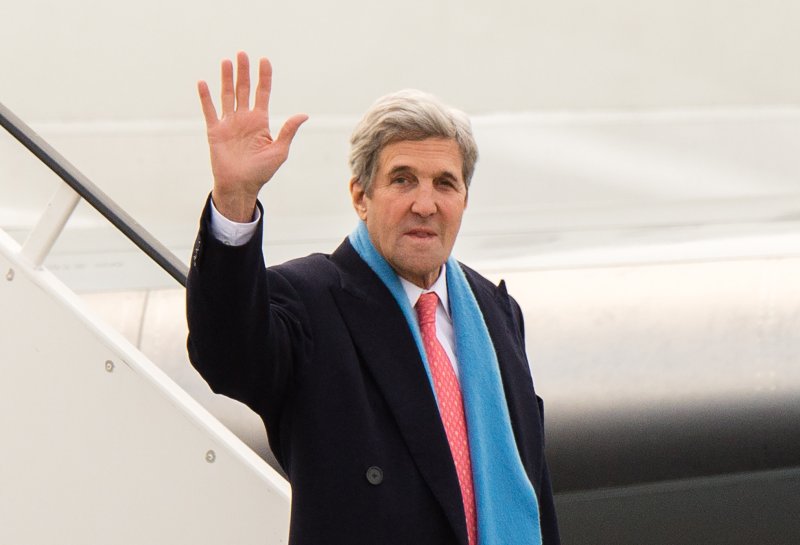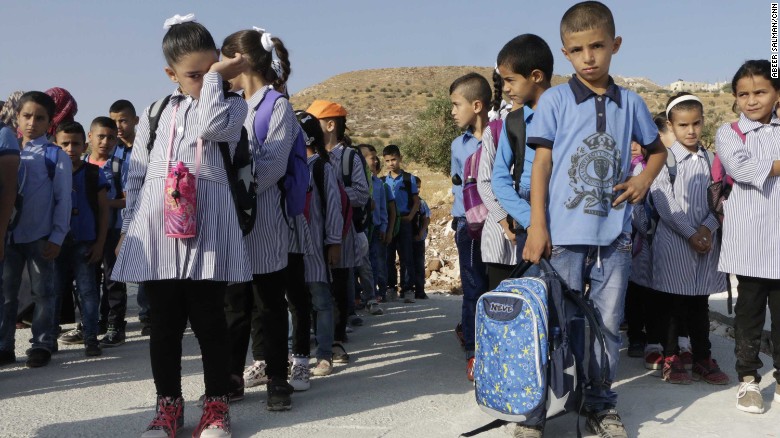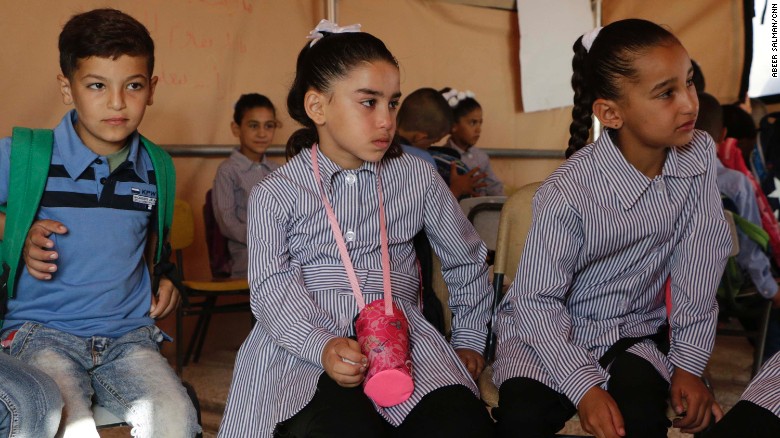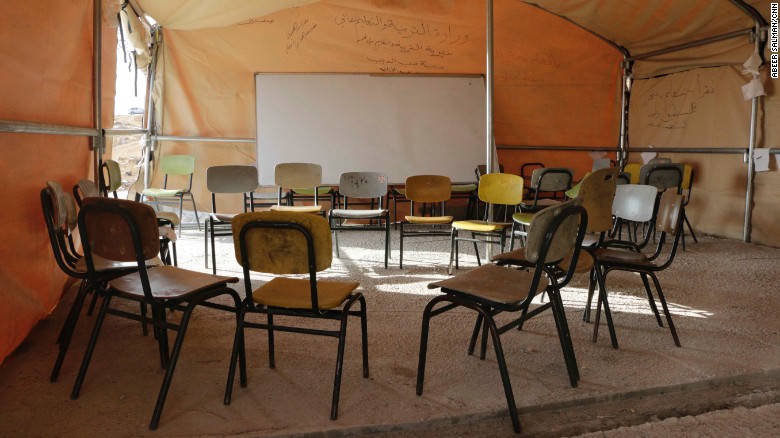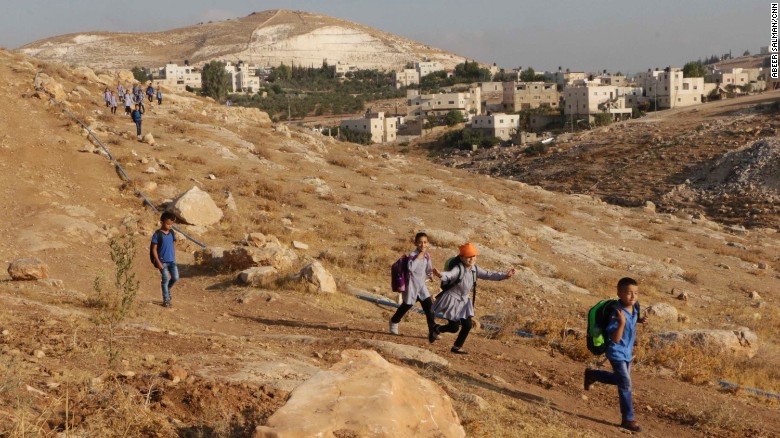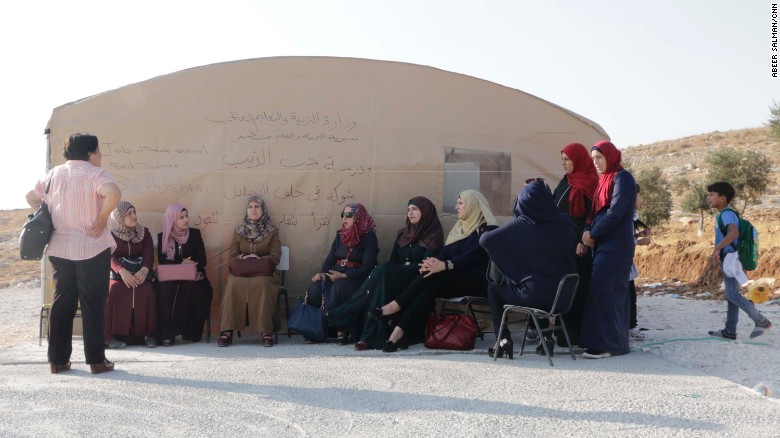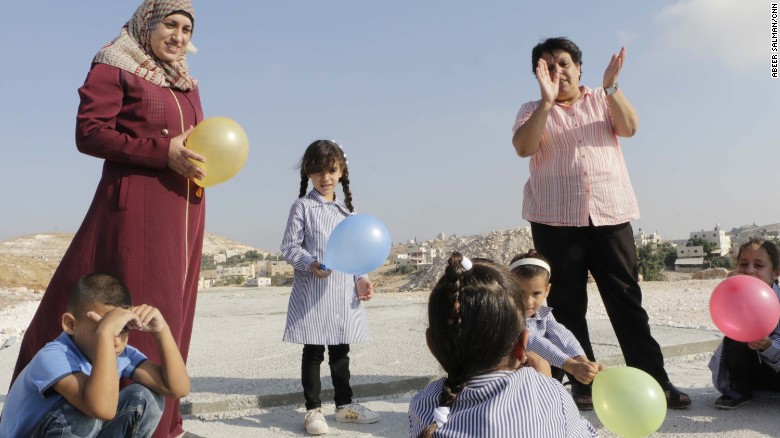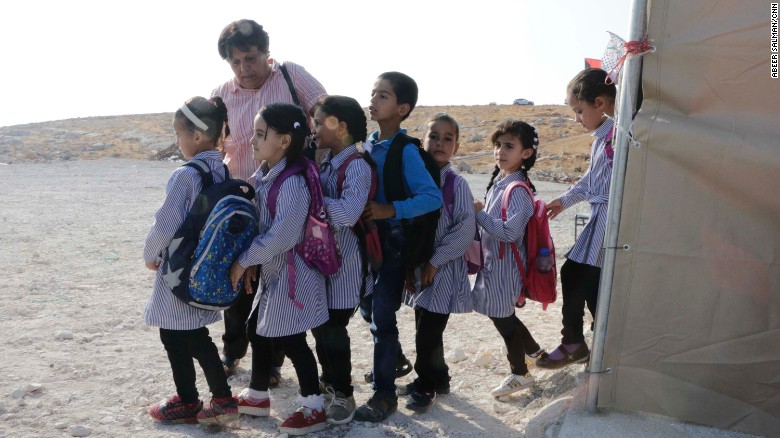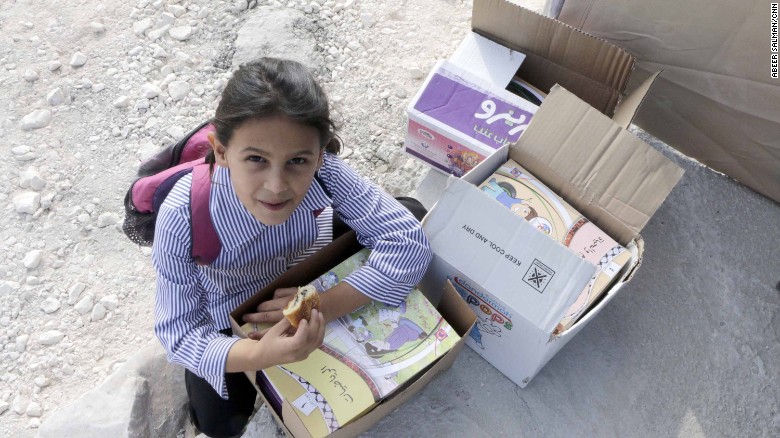Ramallah, occupied West Bank – Hassan Ankush leaned on his cane as he limped through the charred rubble of the home he lived in for four decades in the village of Deir Abu Mashaal.
“Killing my son was not enough for the Israelis,” he told Al Jazeera. “They had to come and destroy my home, too.”
Like other Palestinian families whose relatives committed attacks or alleged attacks against Israelis, Ankush is not accused of any wrongdoing. He is among the latest victims of Israel’s widely condemned policy of punishing families of Palestinian assailants by demolishing their homes.
According to Israeli rights group B’Tselem, thousands of Palestinians have been displaced by home demolitions. The Israeli government claims the goal is deterrence, but B’Tselem spokesman Amit Gilutz describes it as a form of “collective punishment” and a blatant violation of international law.
‘Nothing else they can do to hurt us’
Ankush recalls the day he learned of his 18-year-old son’s death during the Muslim holy month of Ramadan. “We were having iftar at a neighbour’s house when we heard the news that three Palestinians were killed after carrying out an attack in Jerusalem,” Ankush told Al Jazeera, his large, sad eyes wandering across the scattered remnants of his old home.
Ankush’s other son, Tareq, called him several minutes later, telling him that his brother, Adel, could be one those killed.
“I didn’t believe it,” Ankush said. “Adel is still just a kid. What could drive him to carry out an attack like that?”
But when Ankush arrived home that evening, the neighbourhood was gathered around his house. “May your son rest in peace,” his neighbours told him.
“My body became frozen,” Ankush said. “I didn’t think my son was capable of something like this.”
 |
| ‘Killing my son was not enough for the Israelis. They had to come and destroy my home, too’ [Jaclynn Ashly/Al Jazeera] |
On June 16, Adel, along with two other youths from Deir Abu Mashaal – Osama Atta, 19, and Baraa Atta, 18 – carried out an attack around the Old City in occupied East Jerusalem, fatally stabbing Hadas Malka, a 23-year-old Israeli police officer. All three were shot dead by Israeli forces at the scene.
Ankush learned all of this from the local news. The Israelis have not provided any information to him personally. “The only official information provided to me was Israeli forces raiding my home and handing me a notification declaring that my house would be demolished.”
While Muslims around the world celebrated the holiday of Eid al-Fitr, which follows Ramadan, the residents of Deir Abu Mashaal cancelled all festivities. Instead, they donned black T-shirts with images of Adel, Baraa and Osama and marched silently through the village.
Last month, Israeli forces raided Deir Abu Mashaal and razed all three families’ homes. Ankush’s house was blown up after Israeli forces placed explosives around the premises.
“Of course, we will feel a loss and face difficulties after our home was demolished,” Ankush said. “But they killed our son. There’s nothing they can do that will hurt us any more than that.”
INTERACTIVE: Broken Homes – A record year of Israeli demolitions
Ankush’s home housed six people, including Adel’s 11-year-old sister, Maisa. Even before the demolition, it was hard for the family to make ends meet. Now, they must rent a house in the village. Ankush is still recovering from a stroke that paralysed him four years ago, so it is up to his wife to support the family.
Maisa’s temperament has abruptly changed since Adel’s death and the home demolition. According to Ankush, she has become quick to anger and suffers from anxiety. Asked about Israel’s punitive home demolition policy, Maisa bluntly told Al Jazeera: “It’s an injustice.”
The home demolition is just one of a string of punishments meted out to the family in the wake of Adel’s death. One week after the attack, Ankush’s wife was detained for 15 days by Israeli authorities, and she now faces charges of alleged incitement following the attack. Ankush himself was detained and interrogated for four days, but no charges were brought.
Israel has also withheld the bodies of Adel, Osama and Baraa since the attack. Although a case to release their bodies, along with six others, was pending in Israel’s Supreme Court, Israeli authorities buried four of the bodies this month in the “cemetery of numbers” – graves in Israel marked only by numbers, where hundreds of Palestinians killed by Israeli forces are believed to be buried.
Ankush has no idea whether his son’s body will ever be returned, and he believes Israel’s policies are an attempt to “torture” Palestinian families. “My son committed a crime, and they killed him. They [Israelis] got their justice. Why do they still have to steal his body from us and destroy our home?”
‘They want to destroy his memory’
Baraa was the youngest of his siblings. Israeli authorities only once permitted him to visit Jerusalem, when he was eight, said his mother, Umm Nidal. The second time he visited Jerusalem, he entered without permission and died there.
Shortly before his death, Baraa had spent around four months in Israeli prison for working in Israel without proper documentation. He was detained alongside his older brother, Mohammad, and his brother-in-law, Munther. A week after he was released, he carried out the attack.
Israeli forces raided Umm Nidal’s house on a nightly basis following the attack. According to the family, at least 15 of Baraa’s friends in the village were detained by Israeli forces, three of whom remain in jail.
After Israeli prison authorities realised that Mohammad and Munther were related to Baraa, their status was updated to “security prisoners” and Munther was placed in solitary confinement, Tahani, Baraa’s sister and Munther’s wife, told Al Jazeera.
During the raids, Tahani said that soldiers tore down posters the family had pasted on the walls of the home, along with other images of Baraa, Adel and Osama posted around the village. At times, Israeli soldiers stabbed the images of the attackers’ eyes with a knife, Tahani said.
 |
| Baraa’s sister, Tahani, stands next to posters of the three slain Palestinians [Jaclynn Ashly/Al Jazeera] |
When Israeli forces came to demolish the family’s home, there were only women and children inside.
“A soldier asked me to get the children out of the house. As I was trying to calm the children down, the soldier was screaming at me,” Umm Nidal said. “The soldier, standing right in front of me, shot me with a sound bomb in my hip.”
Dozens of Israeli soldiers then rushed the house, shooting tear gas at the family, she said, noting that even the children began choking from the gas. An Israeli bulldozer then uprooted their two-storey house.
“A house will never be as valuable to me as my son’s life,” Umm Nidal said, sitting in front of her other son’s house, where she now resides. Rows of posters displaying images of the three slain Palestinians have been plastered to the walls. “But each corner of that house reminded us of Baraa. Now, it’s all gone.”
READ MORE: Why does Israel keep the bodies of Palestinians?
During the demolition, Umm Nidal said she pleaded with the soldiers not to uproot the tiled floor of the courtyard, constructed by Baraa – but regardless, they partially destroyed it during the demolition process.
“I was devastated when the soldiers did this,” she said. “It was like they wanted to destroy any sign that Baraa had existed.”
In the days after the demolition, village residents got together and helped to reconstruct the tiles. Umm Nidal said that while the demolition has affected her family psychologically, the tight-knit community in Deir Abu Mashaal has been a comfort. “No one here will ever be sleeping on the streets,” she said.
For Tahani, the demolition of the family’s home has eroded her memories of Baraa. “Baraa was such a shy kid,” she said. “That house was filled with memories of him. Even the bathroom; that’s where Baraa would hide if my mom or I invited other women to the house while he was home … He would only come out once our guests were gone,” she added with a laugh.
The family described Baraa as a quiet, well-behaved young man, but despite this, they were not surprised he had carried out an attack.
“Israeli policies do nothing but build up hatred,” Umm Nidal said.
“Look at all these kids,” she added, gesturing to a group of children playing in the open area where their house once stood. “They are growing up seeing their friends and siblings detained and killed. Almost every night, they witness soldiers raid the village and break into people’s homes.
“Israel demolished their house right in front of them,” she continued. “These kids from a very young age realise what is going on around them. So why are Israelis surprised when they grow up to hate them?”

